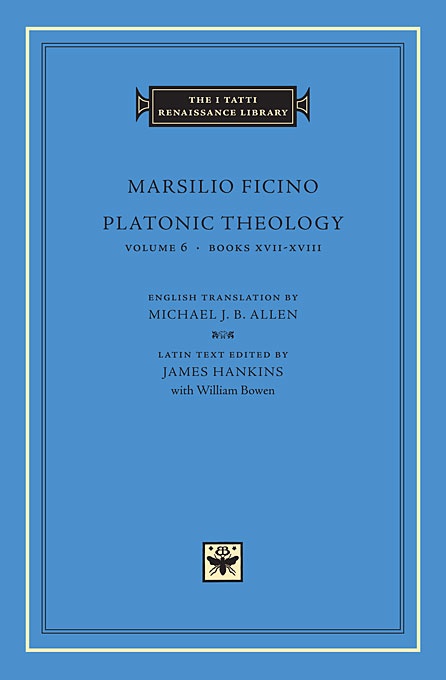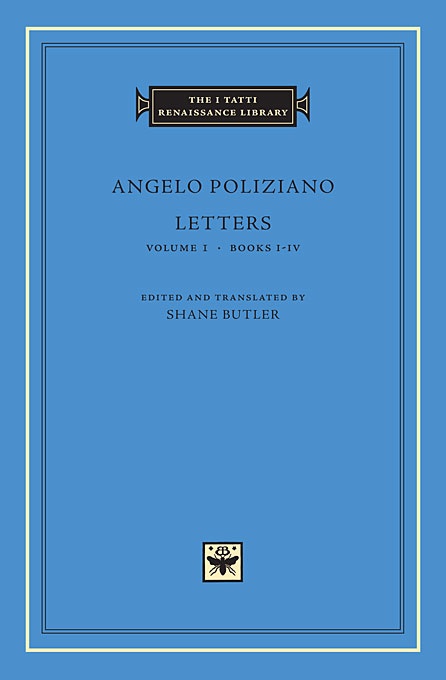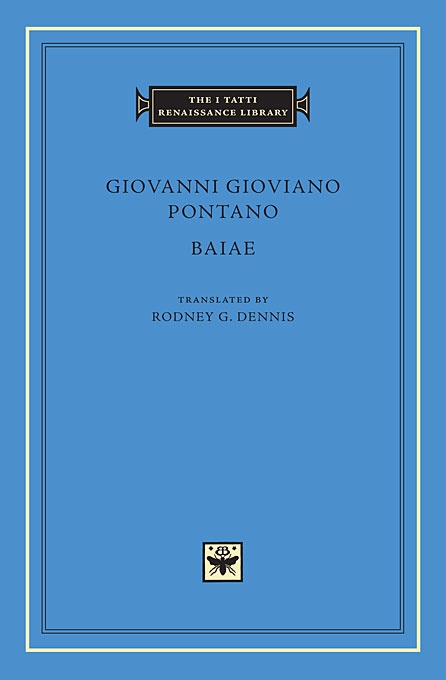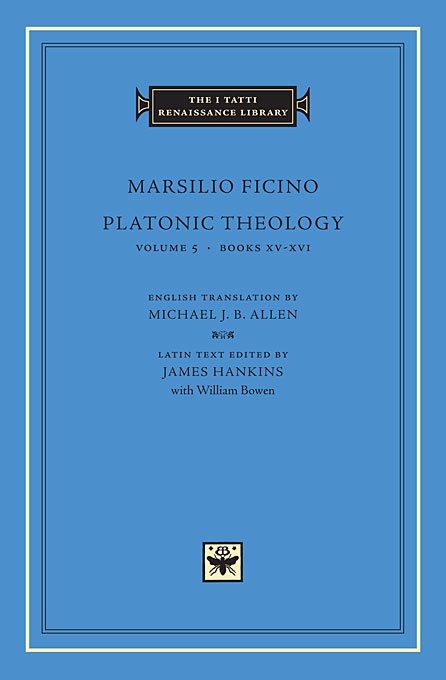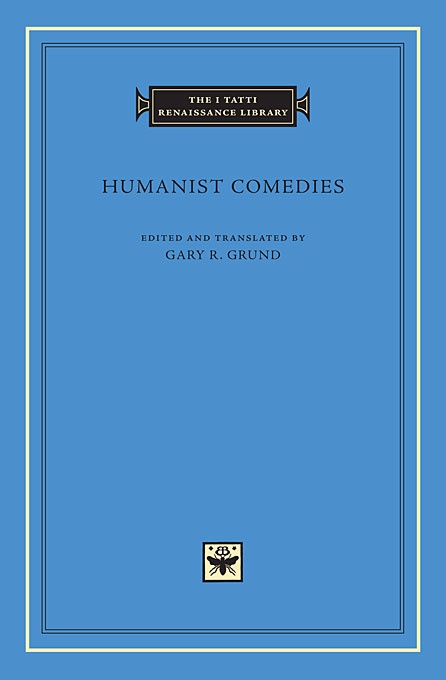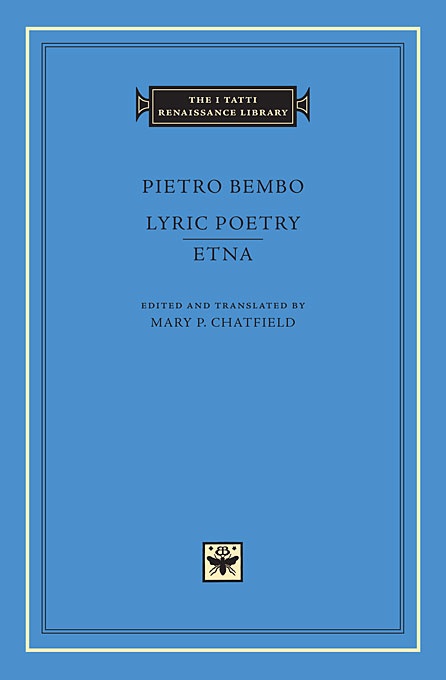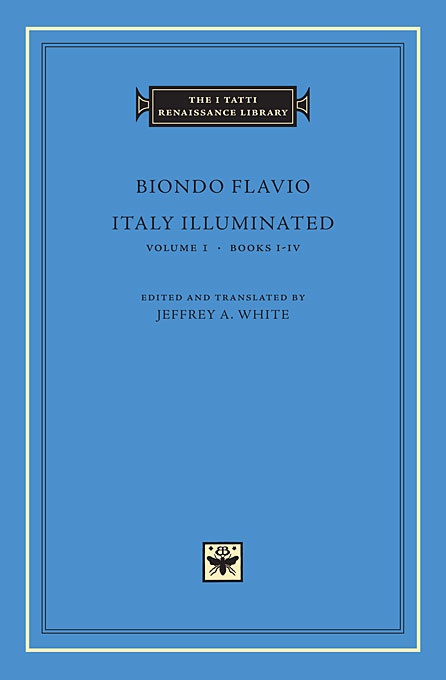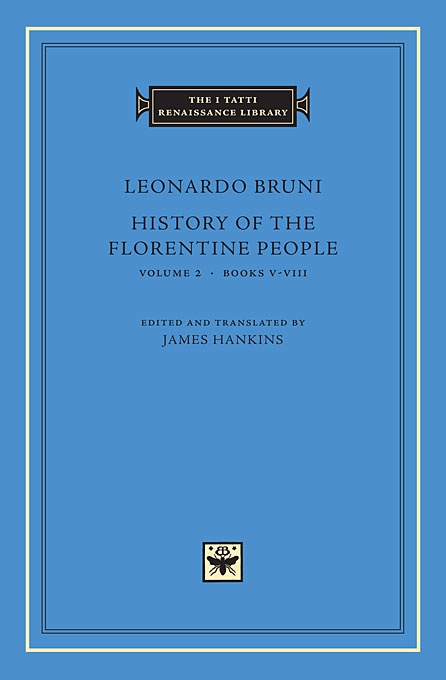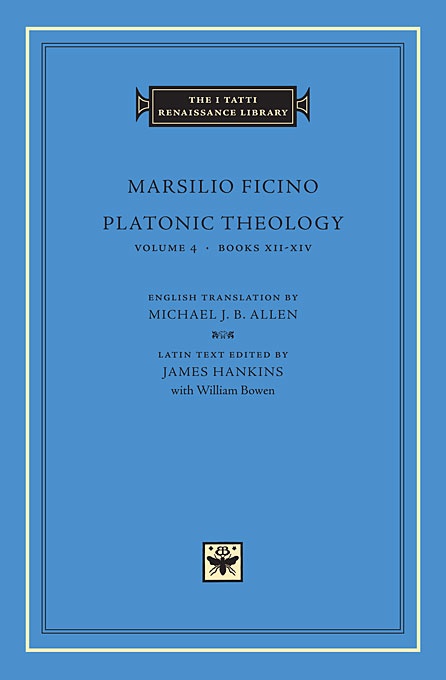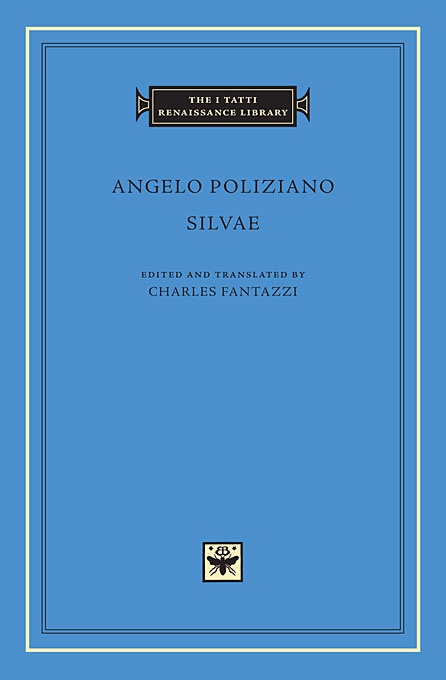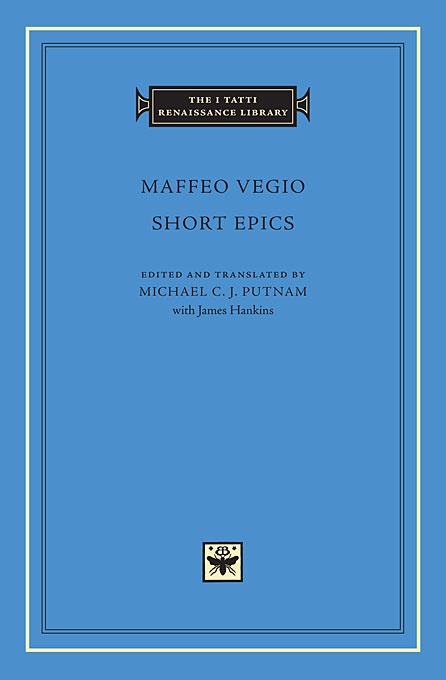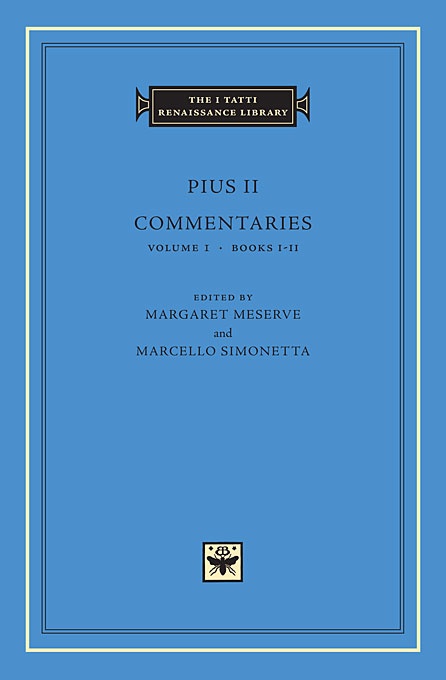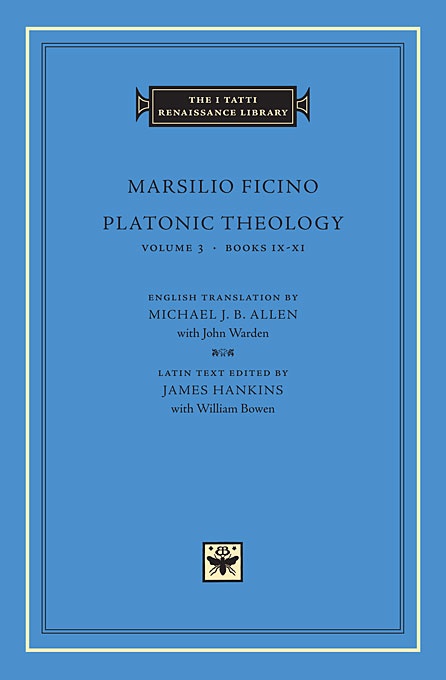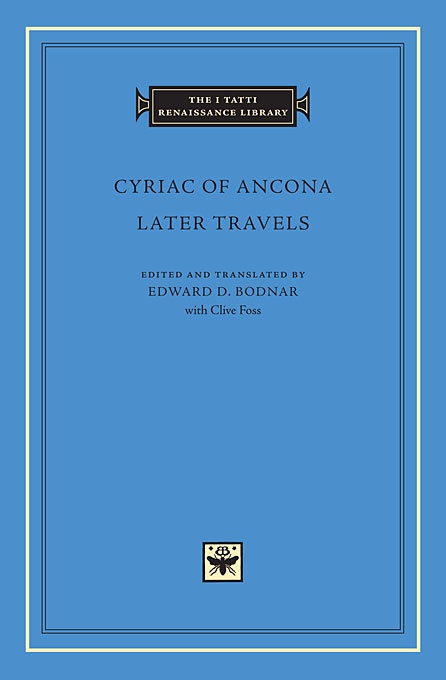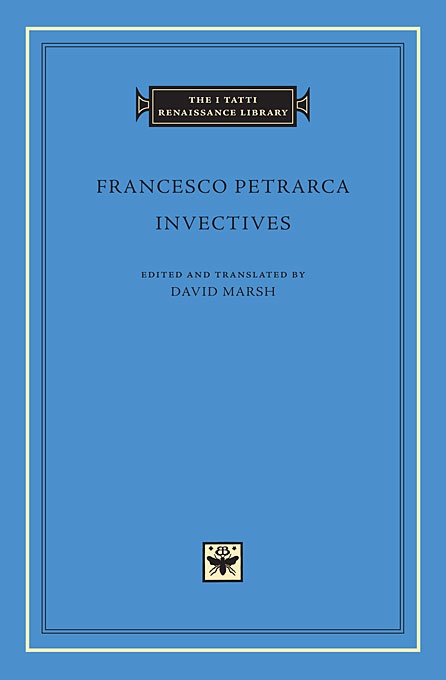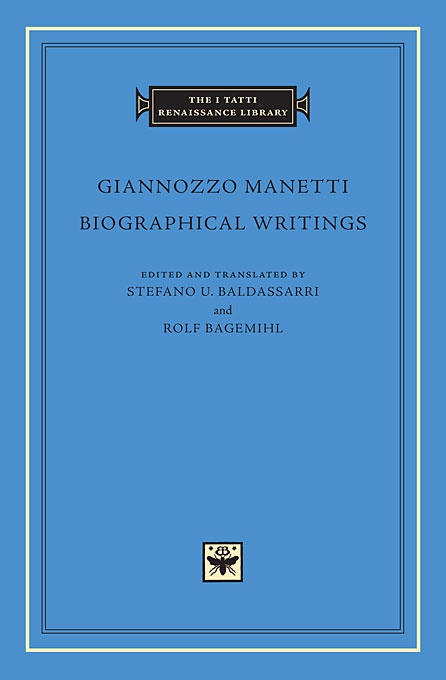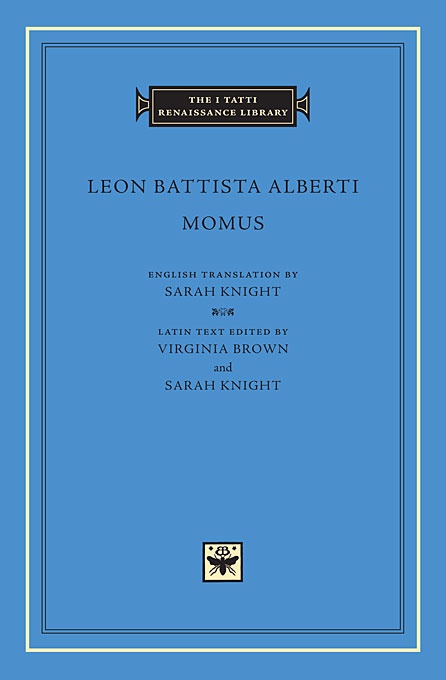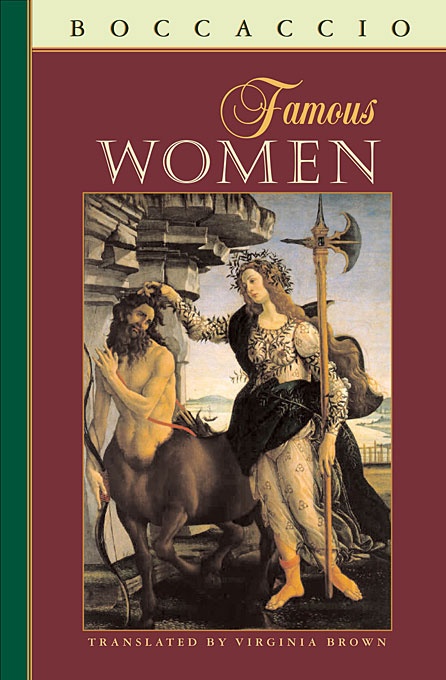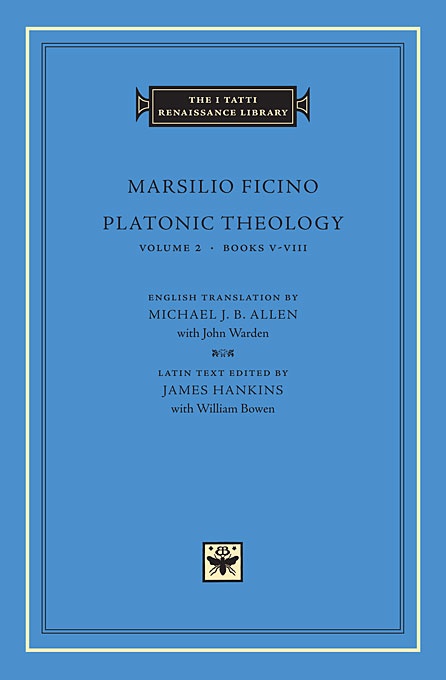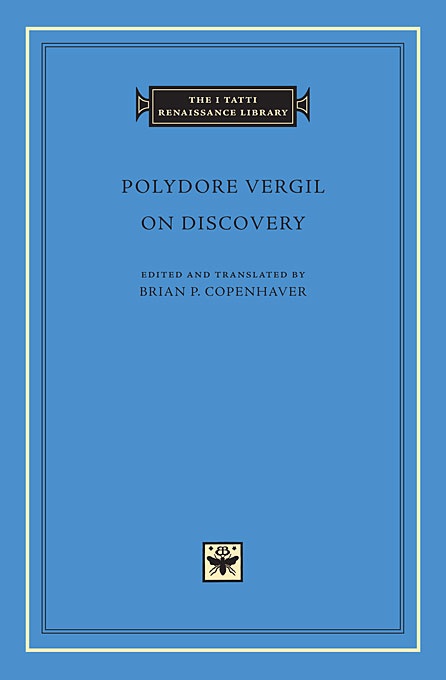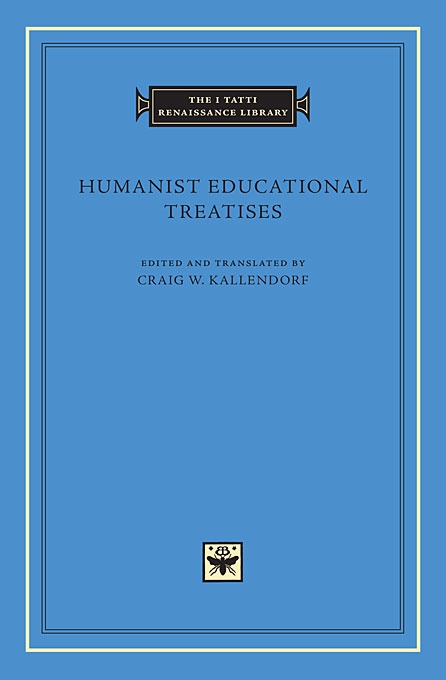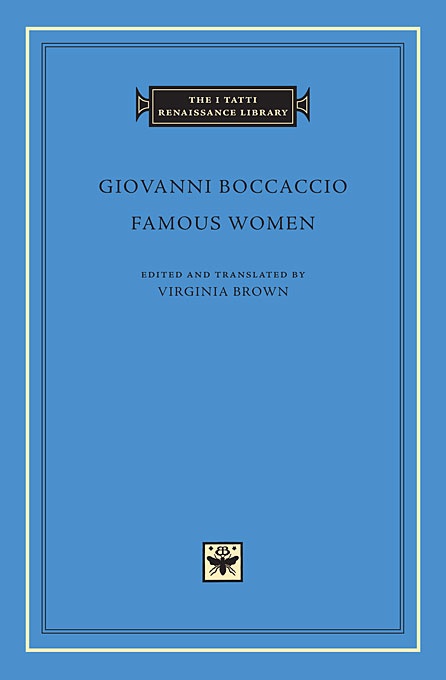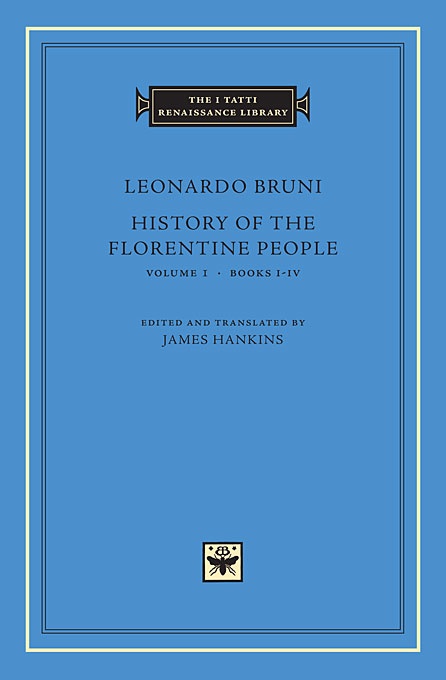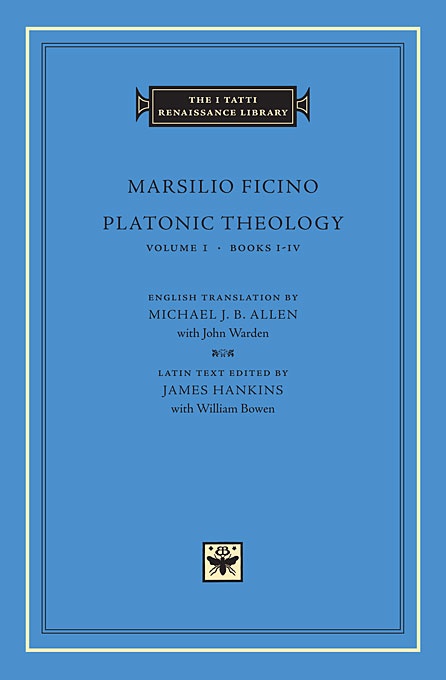Eve, our first mother -- Semiramis, Queen of the Assyrians -- Opis, wife of Saturn -- Juno, Goddess of kingdoms -- Cres, Goddes of the harvest and Queen of Sicily -- Minrva -- Venus, Queen of Cyprus -- Isis, Queen and Goddess of Egypt -- Europa, Queen of Crete -- Marpesia and Lampedo, Queens of the Amazons -- Thisbe, a Babylonian maiden -- Hypermnestra, Queen of the Argives and Pirestess of Juno -- Niobe, Queen of Thebes -- Hypsipyle, Queen of Lemnos -- Medea, Queen of Colchis -- Arachne of Colophon -- Orithya and Antiope, Queens of the Amazons -- Erythraea or Herophile, a Sibyl -- Medusa, Daughter of Phorcus -- Iole, Daughter of the king of the Aetolians -- Deianira, wife of Hercules -- Joscasta, Queen of Thebes -- Almathea or Diephebe, a Sibyl -- Nicostrata or Carmenta, daughter of King Ionius -- Pocris, wife of Cephalus -- Argia, wife of Polynices and daughter of King Adrastus -- Manto, daughter of Tiresias -- The wives of the MinyansPenthesilea, Queen of the Amazons -- Polyxena, Daughter of the King Priam -- Hecuba, Queen of the Trojans -- Cassandra, Daughter of King Priam of Troy -- Clytemnestra, Queen of Mycenae -- Helen, wife of King Menelaus -- Circe, daughter of the sun -- Camilla, Queen of the Volscians -- Penelope, wife of Ulysses -- Lavinia, Queen of Laurentum -- Dido or Elissa, Queen of Carthage -- Nicaula, Queen of Ethiopia -- Pamphile, daughter of Platea -- Rhea Ilia, a vestal virgin -- Gaia Cyrilla, wife of King Tarquinius Priscus -- Sappho, girl of Lesbos and poetess -- Lucretia, wife of Collatinus -- Tamyris, Queen of Scythis -- Leaena, a prostitute -- Athaliah, Queen of Jerusalem -- Cloelia, a Roman maiden -- Hippo, a Greek woman -- Megullia Dotata -- Veturia, a Roman matron -- Tamaris, daughter of Micon -- Artemisia, Queen of CariaVirginia, virgin and daughter of Virginius -- Irene, daughter of Cratinus -- Leontium -- Olympias, Queen of Macedonia -- Claudia, a vestal virgin -- Virginia, wife of Lucius Volumnius -- Flora the prostitute, Goddess of flowers and wife of Zephyrus -- A young Roman woman -- Marcia, daughter of Varro -- Sulpicia, wife of Fulvius Flaccus -- Harmonia, daughter of Gelon of Sicily -- Busa of Canosa di Puglia -- Sophonisba, Queen of Numidia -- Theoxena, daughter of Prince Herodicus -- Berenice, Queen of Cappadocia -- The wife of Orgiago the Galatian -- Tertia Aemilia, wife of the Elder Africanus -- Dripetrua, Queen of Laodicea -- Sempronia, daughter of Gracchus -- Claudia Quinta, a Roman woman -- Hypsicratea, Queen of Pontus -- Sempronia, a Roman woman -- The wifes of the Cimbrians -- Julia, daughter of Cato Uticensis -- Curia, wife of Quintus Lucretius -- Hortensia, daughter of Quintus Hortnesius -- Sulpicia, wife of TruscellioCornificia, a poetess -- Mariamme, Queen of Judaea -- Cleopatra, Queen of Egypt -- Antonia, daughter of Antony -- Agrippina, wife of Germanicus -- Paulina, a Roman woman -- Agrippina, mother of the Emperor Nero -- Epicharis, a freedwoman -- Pompeia Paulina, wife of Seneca -- Sabina Poppaea, wife of Nero -- Triaria, wife of Lucius Vitellius -- Proba, wife of Adelphus -- Faustina Augusta -- Symiamira, woman of Emesa -- Zenobia, Queen of Palmyra -- Joan, an Englishwoman and pope -- Irene, Empress of Constantinople -- Gualdrada, a Florentine maiden -- Constance, Empress of Rome and Queen of Sicily -- Camiola, a Sienese widow -- Joanna, Queen of Jerusalem and Sicily."After the composition of the Decameron, and under the influence of Petrarch's humanism, Giovanni Boccaccio (1313-1375) devoted the last decades of his life to compiling encyclopedic works in Latin. Among them is Famous Women, the first collection of biographies in Western literature devoted exclusively to women. The 106 women whose life stories make up this volume range from the exemplary to the notorious, from historical and mythological figures to Renaissance contemporaries. In the hands of a master storyteller, these brief biographies afford a fascinating glimpse of a moment in history when medieval attitudes toward women were beginning to give way to more modern views of their potential.Famous Women, which Boccaccio continued to revise and expand until the end of his life, became one of the most popular works in the last age of the manuscript book, and had a signal influence on many literary works, including Chaucer's Canterbury Tales and Castiglione's Courtier. This edition presents the first English translation based on the autograph manuscript of the Latin."--BOOK JACKET.

